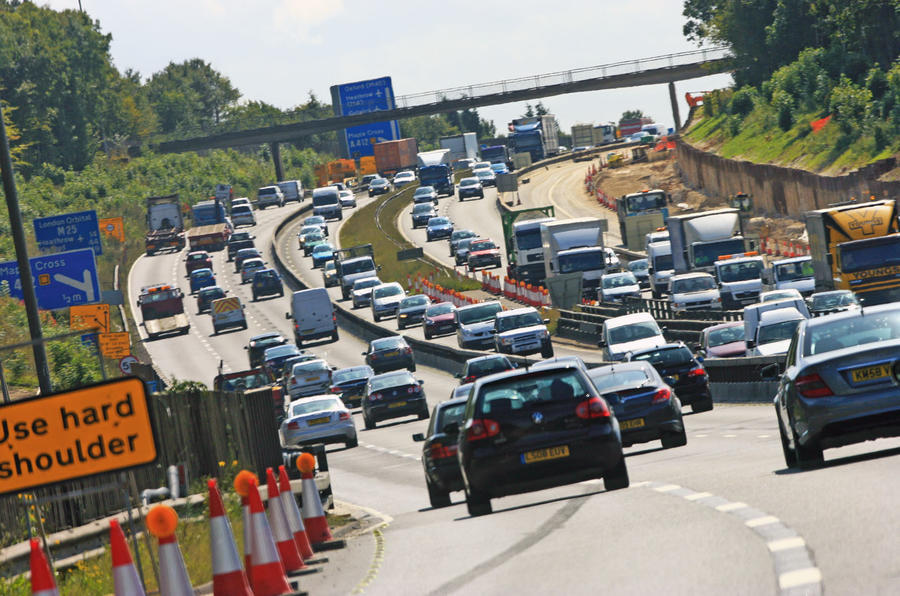The government has announced more details on its plans to improve major roads in England as part of a £27.4 billion investment.
First detailed in March, the largest chunk of the investment - £14bn - will be used to upgrade the country’s motorways and A-roads, with a view to improving their quality, capacity and safety.
Flagship projects include building a new road tunnel under the Thames between Essex and Kent, speeding up journeys between the Channel ports and the rest of the country and upgrading the A66 to create a new Trans-Pennine dual-carriageway.
The money will also be spent on improving the major direct route between the South East and South West by building a tunnel near Stonehenge and widening the A19 in Sunderland, among other projects.
The second-largest proportion of the investment, claimed to be the largest ever in UK strategic roads, will go towards improving everyday journeys by repairing and replacing parts of the network. Almost £11bn is set aside for this task.
The government also claims that it will resurface nearly 5000 lane-miles of road, install or renew more than 1000 miles of safety barriers on motorways and dual-carriageways and renew more than 170 bridges and other structures.
Between £300m and £400m has been set aside to replace ageing concrete sections on the A14, M5, M18, M20, M42, M54 and M56.
Finally, £1bn will be spent on broader road-improvement projects, such as conserving cultural heritage or strengthening flood resilience and improving access for walkers, cyclists and horseriders. A further £1.4bn was recently spent on upgrading the A14 between Cambridge and Huntingdon.
Highways England said its plans will help support 64,000 construction industry jobs.
Boss Jim O’Sullivan said: “We now have a strong track record of delivering new schemes and operating the network for the benefit of our customers and the communities we serve.
“The plan we’re launching today will protect and create jobs to aid the nation’s recovery and make journeys faster and more reliable for freight and road users.”
READ MORE
Budget 2020: How the government’s plans will affect motorists
Government vows to ‘accelerate’ investment in UK road network





Join the debate
Add your comment
The network can't cope with demand.
Build more motorways. Build more roads.
We've all made domestic flights, there's land everywhere!
Build, build, build.
The focus should be to save UK business, jobs, and bring back joy to motoring. Plenty of land for new homes too. Sorry, different subject, but true!
Deja Rue
The Lower Thames Crossing (the tunnel between Essex and Kent) has been in development since 2011. They are currently on the third public consultation for the preferred route from the M25 to the tunnel mouth, having whittled it down from three.
The Stonehenge tunnel has been in development at least as long Historians say the idea is nearly as old as the stone circle itself.
As with "new" nurses, "new" police officers, "new" hospitals, and "new" schools, I'm calling BS on this one.
The UK desperately needs improved roads infrastructure
London and probably a second London Orbital Motorway say 20 miles further out from London.
Equally, integrated park and ride facilities in all major towns and cities linking road to rail etc.
Delivery services will need to be reviewed using distribution hubs around cities, consolidating delivery vehicles to reduce van use in cities.
The real issue is that we will never reduce demand from personal mobility, therefore, we need to make what we have work better, reduce congestion black spots, improve traffic flow, stop non essential traffic in city centres etc. One of my personal favourites is the volume of near empty tourist buses and open top buses blocking areas of central London! Unneccessary congestion is a major contributor to air pollution.